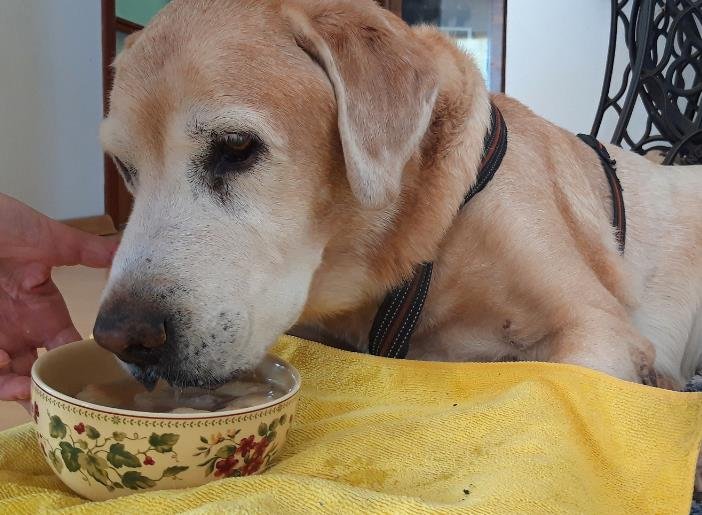Dogs can generally eat small amounts of kumquat safely, but there are some precautions to keep in mind:
Moderation: Kumquats should only be given as an occasional treat, not a regular part of a dog’s diet.
Remove seeds: The seeds contain small amounts of cyanide compounds, so they should be removed before feeding kumquats to dogs.
Introduce slowly: As with any new food, introduce kumquats gradually to check for any adverse reactions.
Watch for digestive issues: The high fiber content may cause stomach upset in some dogs.
Avoid the peel: While kumquat peels are edible for humans, they may be difficult for dogs to digest.
Sugar content: Kumquats contain natural sugars, so they should be limited, especially for dogs with weight issues or diabetes.
Allergies: Though rare, some dogs may be allergic to citrus fruits.

Let’s focus on some key aspects of pet nutrition and safety when it comes to fruits like kumquats:
1. General fruit consumption for pets:
– While dogs are omnivores and can eat some fruits, their digestive systems are not designed to process large amounts of fruit.
– Cats are obligate carnivores, meaning their bodies are designed to digest and use animal-based proteins primarily. They generally don’t need fruits in their diet.
2. Nutritional aspects of kumquats for pets:
– Kumquats are rich in vitamin C, fiber, and antioxidants.
– However, dogs and cats can produce vitamin C on their own, unlike humans, so they don’t require it from dietary sources.
3. Potential risks:
– The high fiber content in kumquats might cause gastrointestinal upset in some pets, leading to diarrhea or vomiting.
– The acidity of citrus fruits like kumquats could potentially irritate a pet’s stomach.
4. Other citrus fruits:
– In general, citrus fruits are not recommended for pets due to their high acidity.
– Some citrus fruits, like lemons and limes, can be toxic to dogs and cats due to compounds like psoralen and essential oils.
5. Alternative safe fruits for dogs:
– Apples (without seeds)
– Bananas
– Blueberries
– Strawberries
– Watermelon (seedless)
6. Importance of a balanced diet:
– While small amounts of fruit can be a nice treat, the majority of a pet’s diet should consist of high-quality, species-appropriate pet food.
– Any treats, including fruits, should make up no more than 10% of a pet’s daily caloric intake.
7. Individual pet considerations:
– Some pets may have specific dietary restrictions due to health conditions. Always consult with a veterinarian before introducing new foods.
– Pets with diabetes or weight issues should generally avoid sugary fruits altogether.
8. Signs of adverse reactions:
– If you do give your pet a small amount of kumquat, watch for signs of digestive upset, allergic reactions, or changes in behavior.
– Symptoms to watch for include vomiting, diarrhea, lethargy, or difficulty breathing.
Remember, while kumquats aren’t typically toxic to pets, they’re not a necessary part of their diet. It’s always best to stick to pet-specific treats and foods recommended by veterinarians. If you have any concerns about your pet’s diet or if they’ve consumed something they shouldn’t have, don’t hesitate to contact your vet.








